Mozambique: Parliament places seven on the Council of State - the opposition party leaders and four ...
Mozambique: Election of civil society members to CNE “will change nothing” – Nuvunga
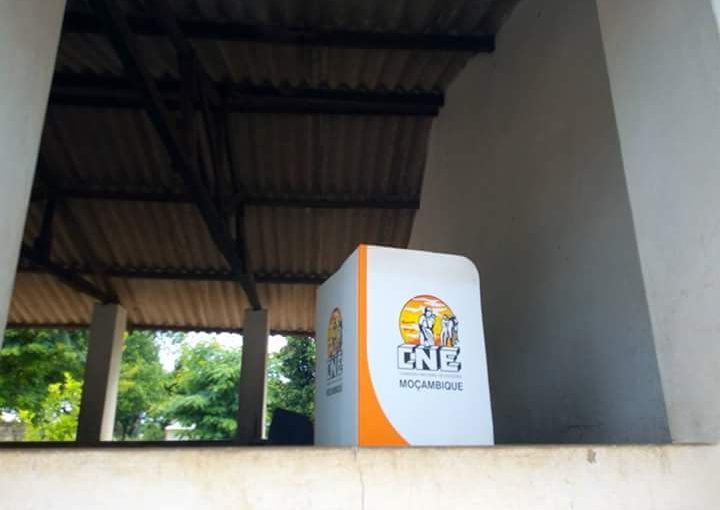
File photo: CIP Eleições
- Mozambican NGOs have suggested changes to the law before the selection of members to join the CNE takes place. Centre for Democracy and Development director Adriano Nuvunga admits to challenging the contest launched by the government on Thursday.
The Mozambican parliament on Thursday (12.11) launched the competition for the selection of seven civil society members to join the National Election Commission (CNE). Legally constituted civil society organizations, integrated in forums or operating independently, can apply within 15 days.
However, the process is not being well received by some organisations. In an interview with DW Africa, Adriano Nuvunga, director of the Centre for Democracy and Development (CDD) and coordinator of the Budget Monitoring Forum (FMO), says that the process does not contribute to greater transparency in the elections.
Read more: Mozambique: Candidacies open for CNE members from civil society organisations
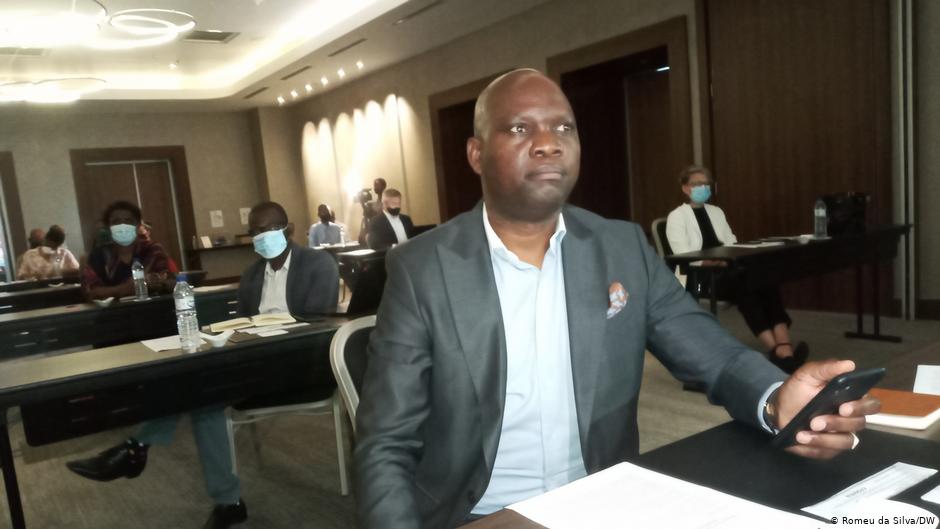
“This process is not a selection, it is the co-option of members – in the name of civil society – to the CNE. It will change nothing in terms of poor electoral governance in Mozambique. It is in the Technical Secretariat for Electoral Administration (STAE) where lies the question of the poor quality of the elections in Mozambique, in terms of the system and the organisation of the process, and that will not change,” he asserts.
Nuvunga adds that members of civil society arrive at the CNE through a process conducted by the three parties with a seat in Parliament and not through an independent organisation oblivious to party interest.
Osman Cossing, a member of the Institute for Multiparty Democracy (IMD) and the Sala da Paz, says he hopes that, “despite the process of co-option we know, this process contributes to an image of increasing transparency and greater integrity of electoral processes”.
Cossing hopes that “the members who are selected represent citizens’ interests and contribute to increasing the integrity of the electoral processes, and greater smoothness and integration”.
Threat of challenge
“We are not going to run for these seats. That would legitimise a process which is known not to lead to any improvement in electoral governance. What we intend to do is to challenge the process so that the law guiding it is changed.”
Various civil society organisations have argued that selection of civil society members to the CNE should have been preceded by the revision of the law regulating the activity of electoral bodies. Nuvunga argues fundamentally that the law should make it explicit that the CNE is the only electoral body and that STAE is a supporting body.
Read more: Mozambique: Ad-hoc commission chosen for selecting CNE members
The IMD’s Osman Cossing also suggests some changes. “The National Election Commission is composed of 17 members, and the law establishes in a very specific way that, of these, five are from the Frelimo party, four from the Renamo party, one from the MDM party and seven from civil society. The law cannot go into that much detail – this violates the principle of abstraction and generality. One could also look into the question of the need to adjust the CNE’s mandate with the electoral cycle,” he says.


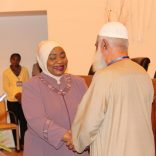
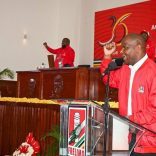
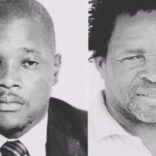


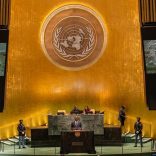




Leave a Reply
Be the First to Comment!
You must be logged in to post a comment.
You must be logged in to post a comment.